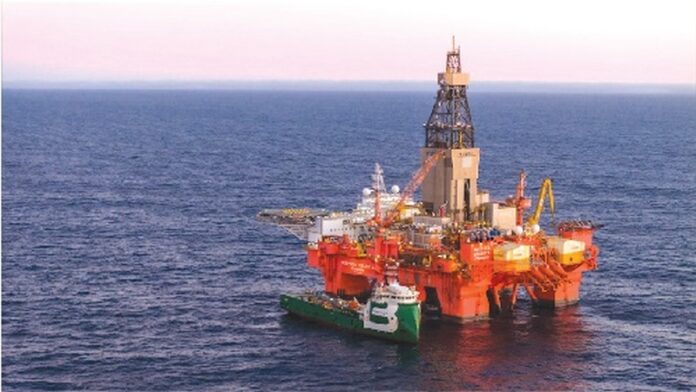The Public Interest and Accountability Committee (PIAC) has highlighted that the most immediate consequence of declining oil production is a reduction in revenue from oil and gas.
While petroleum revenue typically accounts for about 7% of total government income, Ghana heavily relies on it as a key driver of economic growth.
Speaking at a consultative workshop in Accra on Wednesday, October 16, PIAC member Mr. Constantine K.M. Kudzedi noted that, Ghana experienced its highest crude oil production in 2019, with 71,439,585 barrels, up from around 1.1 million barrels in 2010 and approximately 62 million barrels in 2018.
However, production dropped to 66,926,806 barrels in 2020, a 6.3% decline.
This downward trend continued, with production falling to 55,050,391 barrels in 2021, 51,756,481 barrels in 2022, and 48,247,036 barrels in 2023, representing declines of 17.75%, 5.98%, and 6.78%, respectively.
“The 2023 production figures mark the fourth consecutive year of declining output since 2010,” Mr. Kudzedi explained.
“This trend has raised concerns about the future of Ghana’s upstream petroleum industry. If the issues affecting production fields are not addressed, and new fields are not developed or investment is not attracted, the sustainability of the sector will be jeopardized. This could negatively impact the expected returns and the equitable distribution of oil wealth, especially for the state as the resource owner.”
Source: Adomonline
READ ALSO:


